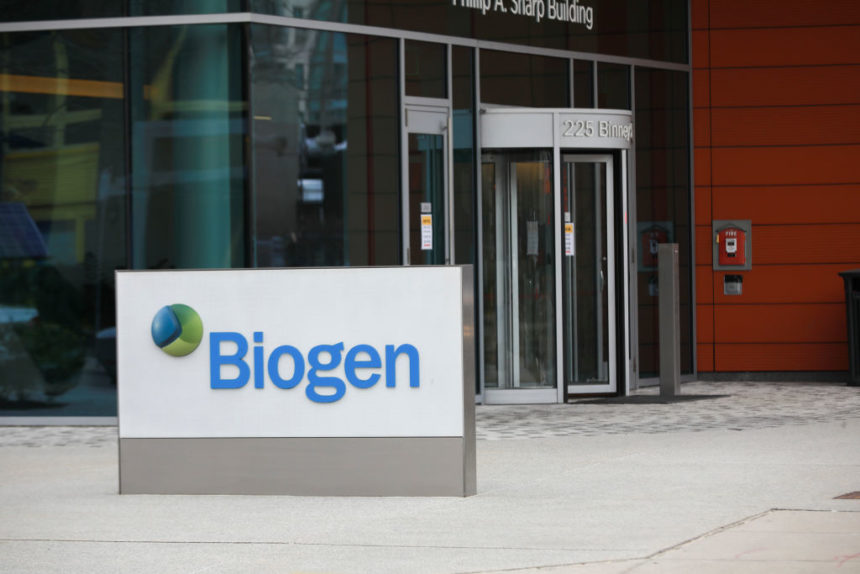First it was the controversial approval of Alzheimer’s drug Aduhelm that came under intense scrutiny. Now Biogen’s marketing tactics are drawing heat as well.
Critics took issue with a Biogen-funded online symptom screener, called “It’s Time We Know,” launched in early May. The screener poses six questions about the frequency of a person’s experiences that may qualify as early signs of mild cognitive impairment (MCI), such as struggling to come up with a word or asking the same question repeatedly.
But even when the respondent checks “never” to all questions, the quiz issues a “talk to your doctor” recommendation, Kaiser Health News noted. While some of the website’s symptoms can be signs of dementia or cognitive impairment, the quiz “overly medicalize[s] very common events that most adults experience in the course of daily life,” Dr. Jerry Avorn, a Harvard Medical School professor, told KHN.
The quiz is part of an overly broad effort by Biogen to persuade adults they may have mild cognitive impairment and that MCI is an early form of Alzheimer’s disease warranting a doctor visit and additional memory testing, according to Dr. Adriane Fugh-Berman, a Georgetown University Medical Center professor who runs PharmedOut, which examines industry influence on medicine.
In addition, the Biogen website cites misleading information about the prevalence of MCI and its link to Alzheimer’s, Berman argued in an earlier op/ed. The campaign also includes a paid post in The New York Times, a Facebook page and partnerships designed to increase access to cognitive testing.
The criticism came as Biogen execs used its second-quarter investor call to defend Aduhelm’s accelerated approval and deny the existence of any improprieties in the FDA’s review. “I want to be clear that Biogen stands behind the integrity of the review process,” Biogen CEO Michel Vounatsos said on the call.
Aduhelm has been mired in controversy since its approval by the Food and Drug Administration on June 7. About a month later, FDA acting head Dr. Janet Woodcock called for a federal inquiry into the agency’s process for reviewing the medicine. Her request came as several lawmakers launched probes of their own and Biogen asked the FDA to narrow the drug’s label to people only in the earliest stages of Alzheimer’s – those with MCI or mild dementia.
Aduhelm’s clinical trial data were equivocal at best, leaving significant uncertainty about whether the drug actually confers any benefit to patients’ lives. Outside advisors had voted 10-0 against approval last year and internal memos revealed that FDA’s own statisticians had also been against approval.
Meanwhile, recent reports from STAT and The New York Times revealed an ex parte meeting between Biogen research head Al Sandrock and a top FDA official. This raised the specter of improper industry influence dating back to spring 2019.
Sandrock and Vounatsos issued an open letter saying they welcomed these discussions but also decrying what they argue has been “a turn outside the boundaries of legitimate scientific deliberation.” Aduhlem, the two wrote, has been the subject of “extensive misinformation and misunderstanding.”
Biogen reported initial Aduhelm sales of just $1.6 million, due to the short window between the drug’s June launch and the close of the second quarter. A certain amount of that was due to medical centers stocking inventory, according to Vounatsos, and sales are expected to ramp slowly as insurance coverage is sorted out.
Yet a number of insurers, including United Healthcare, have pushed back. Additionally, Medicare has initiated a procedure that could curtail access (Medicare patients are expected to comprise the bulk of Aduhelm recipients), while the Cleveland Clinic and Mount Sinai were among medical centers that said they would not offer the drug to their patients.
The surrounding controversy has resulted in a good deal of “background noise,” Vounatsos acknowledged during the investor call. “Overall, [the launch] is a bit slower than what we assumed, but we’re making tremendous progress with some positives and some headwinds.”








